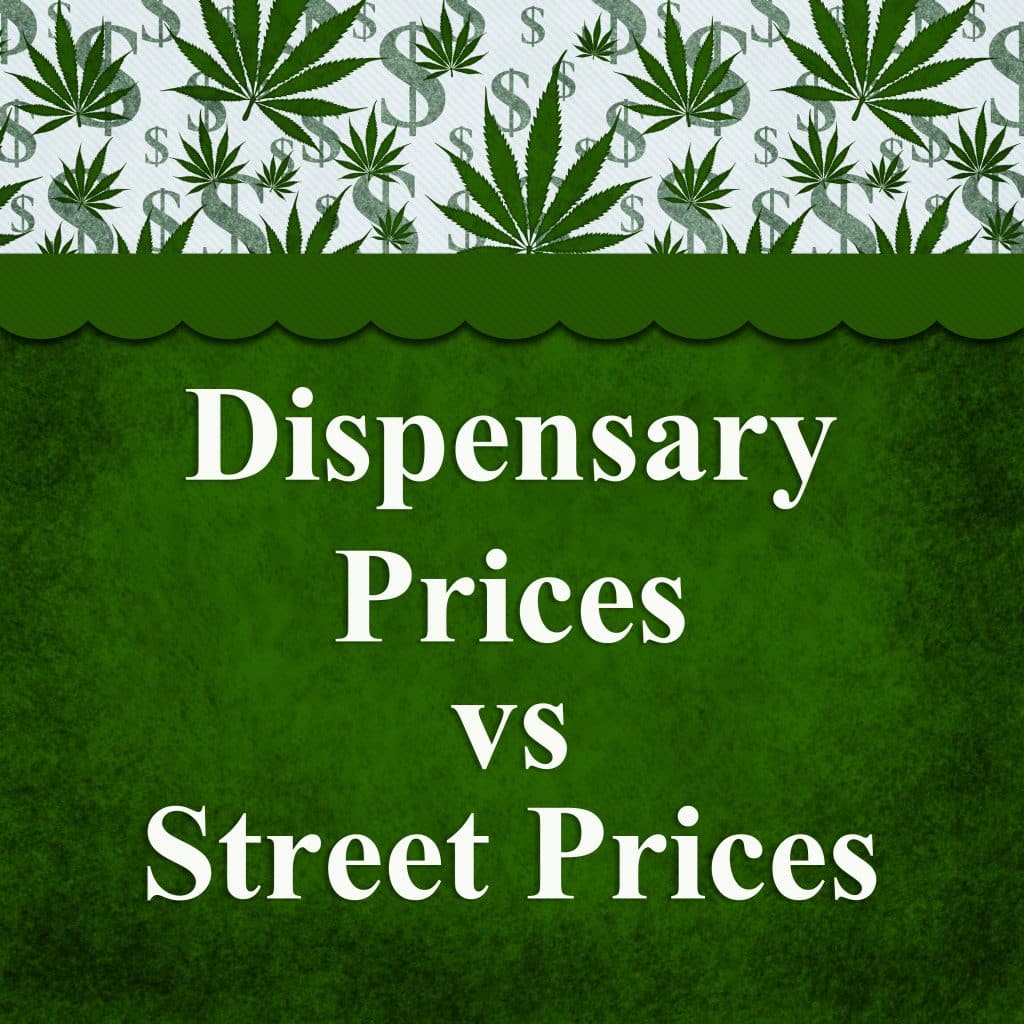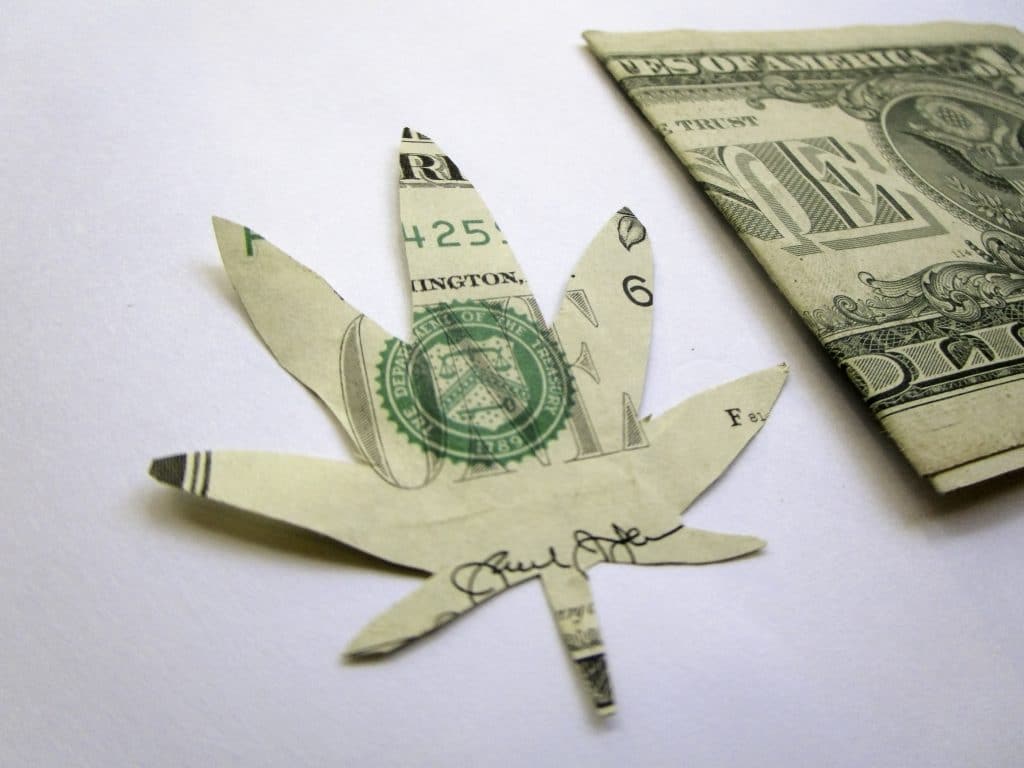We see a ton of headlines all the time, and sometimes they conflict with each other, creating confusion over what’s going on. We see some headlines that speak of massive cannabis tax revenue in legal states, and then others lamenting the failings of the modern cannabis industry. Here we look at a recent TIME magazine interview on why the legal weed industry is suffering. The interview includes two notable economists from the University of California’s Department of Agricultural and Resource Economics, in Davis, who just put out a new book on the topic.
Check out the TIME interview with authors of a new book about why the legal weed industry is having a hard time, despite reports to the contrary. This independent publication focuses on cannabis and psychedelics in the modern world. Subscribe to the Cannadelics Weekly Newsletter for daily updates, and also get access to tons of promotions on all kinds of products including cannabinoid compounds, like HHC-O, Delta 8, Delta 9 THC, Delta-10 THC, THCO, THCV, THCP & HHC. Head over to our ‘best of’ lists for deals, and make sure you only make purchases for products you are happy to use.
Why headlines matter
Before getting into the TIME interview on legal weed, it’s important to go over why this subject is confusing. We’re constantly told different things as readers. One day the weed industry is the new cash cow in America, and the next, it’s a floundering industry that can’t take off. Some headlines talk of the tax dollars brought in, in comparison to alcohol taxes, and some talk of a legal industry 1/3-1/2 the size of the black market.
And sometimes it simply matters where something is read. Some publications talk of it one way, some publications, another way. Why is the information so drastically different? Or at least, why is the same information packaged to appear differently in different places, effectively telling a different story? Because headlines are meant to give an idea of the story, and often stories are meant to change reader opinion.
We all know it on some level, though no one likes to admit its happening to them. How many times have you seen someone else’s social media post espousing their understanding of the world, just to think ‘you’re the one being fooled’. Think of how republicans and democrats point at each other, each side thinking they know the better story, and each on a side that spits out its own headlines. Headlines, that contradict the other side, even when the underlying information is the same. Everyone thinks the other side is wrong based on their intel, while ignoring that that means a lot of people who think they’re right, have to be wrong.
Headlines are a part of the game, giving little snippets of stories and ideas, in one line statements. The psychology has been written about enough at this point, exemplified by this New Yorker article from 2014. Headlines matter, and help govern how an article is read, and what the reader takes away from it. Headlines play on first impressions, and on emotions in general, leading readers to form beliefs, even before they read the article (and sometimes in place of reading it.)

How does this apply to the cannabis industry? Well, it’s a new industry, and one rife with conflict from the get-go, owing to weed’s history as an illegal drug. Different parties have their own reasons for wanting to encourage or discourage consumers, and some just want to get the news out. Add onto this that nearly every big publication is corporate owned, and the idea of censorship reels its ugly head, often to the point that journalists don’t need to be told, and will simply censor themselves out of fear. (I’d like to point out that this publication is 100% independent.)
The book
TIME magazine did an interview with economists Daniel Sumner and Robin Goldstein, who recently published the book Can Legal Weed Win?: The Blunt Realities of Cannabis Economics. Both men work out of UC Davis’s Department of Agricultural and Resource Economics. Sumner used to work at the U.S. Department of Agriculture as the assistant secretary of economics, and Goldstein is also author of bestselling book, The Wine Trials.
The two authors together draw a compelling picture of today’s legal weed landscape, and don’t give much credence to the headlines blaring about a super productive industry. Instead, they make the argument that legal weed is weighed down by factors including strict regulatory measures, competition among legal operators as well as the black market, and other agricultural issues that come up with farming in general.
According to the two men, the legal weed industry might not have the ability to outgrow its obstacles, and the reality doesn’t match the hype around it, or the news stories that come out. They go into the current status of legal weed from an economic standpoint, and are clear and specific about what the issues are, and why they may not be solved. In doing so, the authors shine a light on the lack of finite market information known, and how most of what comes out, is merely speculation.
Points from the TIME interview
When it comes to why Sumner and Goldstein think the legal weed industry isn’t doing as well as some think, they bring it down to a few specific points, with competition and regulations creating the most problems. This is what they have to say about it.
Competition
The black market never went away with cannabis. As the legal industry sprouted up, the black market morphed as well, still retaining much of its clientele, even in this new dispensary world. Says Sumner, most consumers stick with their black market dealer, especially if they already have a relationship, “they have been consuming the product for the last 20 to 40 years; they’ve been dealing with this guy who knows a guy and they’re reasonably happy with the product.”
When asked if they thought the legal aspect brought in clients that otherwise might not have smoked weed, Goldstein says, “Yes, but it’s a small percentage. In many of these states that have legalized, the penalties weren’t that harsh already for the buyer. People who wanted to try it could try it. Evidence from around the world, from places like the Netherlands that have had forms of legalization well before the U.S., suggests that you don’t see a big increase in the total amount of weed smoking just because you legalize it.”
This last point is a big deal, because it neutralizes one of the big fear points about weed legalizations. That legalizing will lead to a world of stoners. The weird aspect of this fear tactic, is that we’re literally talking about legalizations for recreational use because of how not dangerous cannabis is, so why this concern is substantiated at all, creates its own confusion. If it’s not dangerous, why does it matter if more people smoke it? Nonetheless, if this is what gets people riled up, and if they need to see a study for confirmation, there’s now research evidence that legalizations don’t lead to mass cannabis uptake.

Regulatory measures
Regulatory measures themselves are sinking tons of cannabis operators. “In many states, the agencies are understaffed and the process is very lengthy, time-consuming and difficult for people to get through. So it can take years and years and in the meantime, they have investors, they’re burning cash and a lot of people have lost their money just by waiting,” explained Goldstein.
Added in Sumner, “And at the farm level, the illegal producers really are, for the most part, off the grid. They’re not paying attention to labor regulations or pesticide regulations or other things that are the same for every farmer, not just for cannabis. That is a cost disadvantage for the legal guy.”
He goes on later, “You can [have so many rules that you] make sure that you have this very heavily regulated pure product that no one buys, and all those people buy the illegal product. We’ll let all these kids go out and buy illegal weed and let that industry prosper. For example there’s a rule that says in California, you can’t buy it after 10 p.m., which is when lots of people are just starting to party. Why would you close the legal store at 10 o’clock?”
In terms of how not well the systems are working, Sumner points out Vermont, “It’s been four years. Nobody has got an adult-use weed license in Vermont.” Vermont legalized back in 2018, meaning that in four years, the state hasn’t figured out a way to make a recreational market work.
Overall impressions
When asked about economic reports saying business is booming in some states, Sumner counters, “There are companies that have done well and there are lots of companies that have not done well at all. There are growers that are doing OK and there are lots of farms that are not doing OK at all… It’s been a gold rush and a few people have found some gold and a lot of people haven’t.”
And what of investors? Goldstein comments that consultants have done fine, “The ones that are probably making the safest money are probably the ones who were taking flat fees… But folks who took their compensation in the form of shares in these big cannabis holding companies, those stocks have not done well on the whole.” This is an interesting sentiment as many people are interested in investing in this market.
The men even explain how social justice initiatives have failed by not taking account of the population they’re dealing with. Social justice initiatives are laws meant to help those who have been hurt by the system, by giving them first crack at some part of business, like licensing. Though that sounds nice, the reality is grimmer, almost like setting people up to fail.
“Access to capital is part of it and access to political capital is another part of it. In many cases they didn’t have either. No matter how many well-meaning, good faith equity programs there are, having the resources to get into this business is way more than just no longer being officially considered a criminal.”

And the actual size of the market?
While we often hear estimates as to how much this industry can be worth, the men are also skeptical of this. For one thing, scalability is an issue. Pointed out Goldstein, “One of the problems with scaling is that it’s all state-by-state at the moment… Expanding to multiple states is less like scaling up a business nationally and more like starting a whole new business in every state.”
Plus, Sumner goes on, “People say this is a $100 billion industry. Robin and I are skeptical of that, but there could be a $10 billion industry, which is a lot of money if shared among a few players… We’ve seen nothing like the consolidation yet where the really big money could be coming. We haven’t even seen an indication that it’s going that direction.”
Interested readers should most certainly check out the interview here, and pick up a copy of the new book.
Conclusion
Perhaps one of the big issues with the legal cannabis industry, is simply the expectation and hype that’s around it. And maybe it’s that there are too many laws and too strict regulations to compete with an already functional black market. Whatever the reasons exactly, these two want you to actually know what’s going on. They aren’t spouting out sales data out of context, but are clearly explaining through this TIME interview and their book, why the legal weed industry is not what people think.
Thanks for stopping by! You’ve made it to Cannadelics.com, a top offering for wide-ranging news coverage of the cannabis and psychedelics landscapes. Join us regularly to stay in-the-loop on important happenings, and subscribe to The Cannadelics Weekly Newsletter, so you’re never late on getting a story.









